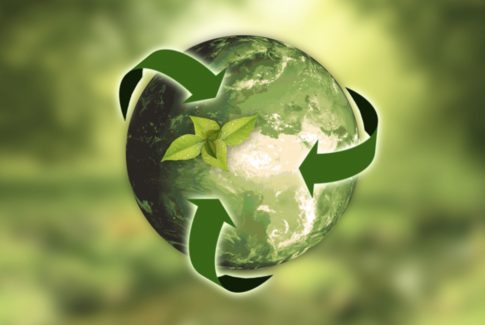Counter to popular belief, a new study comparing the total effect of plastic vs paper products indicates that plastics might be the greener option.
“The idea that plastic packaging actually reduces solid waste seems like a contradiction if you look at the numbers put out by the mainstream media. However, a new study by the Earth Engineering Center at the City College of New York (EEC|CCNY) finds that plastics are responsible for a decline in Municipal Solid Waste (MSW) generation rates, even as per-capita income and consumption rise.
Historically, the amount of MSW produced by a country or region rises in lockstep with the economy, or personal consumption expenditures (PCE). In the mid-1990s, the rate of MSW generation stopped tracking with rising PCE in the United States and began to show a phenomenon known as “decoupling,” according to a release from the American Chemistry Council (ACC). In 2010, the amount of waste produced in the United States started to decline, despite a continued rise in consumer spending. The study’s authors attribute this decoupling to the increased use of plastic in packaging.
“We knew that the overall amount of plastics in the waste stream increased substantially over time due to increased consumer use,” said Marco J. Castaldi, PhD, Director of the EEC at CCNY. “We extensively studied the potential for energy recovery and have quantified the impact there. We were surprised to learn in this study just how much of an impact plastics had on solid waste weight and volume reduction over the years.”
Read the Original Source on Plastics Today: Plastic more sustainable than paper, study shows






